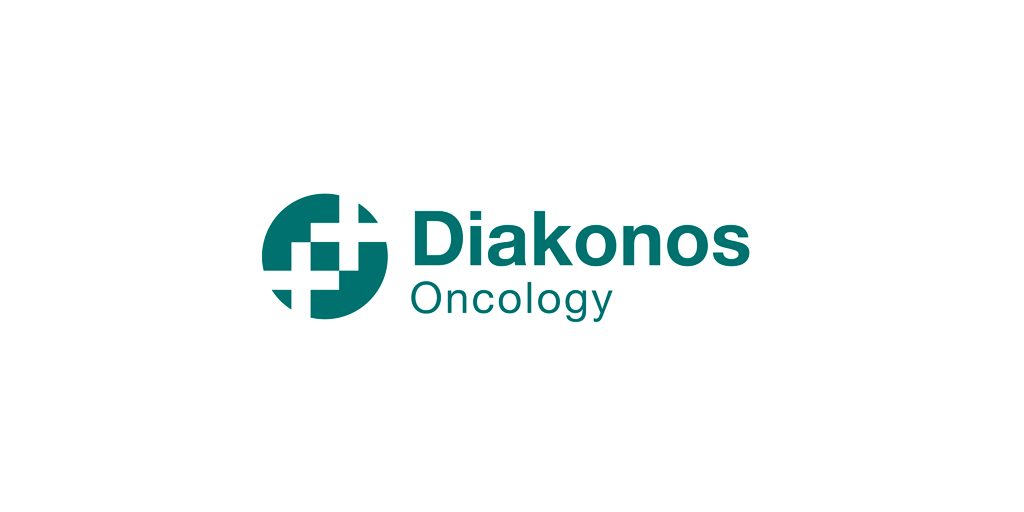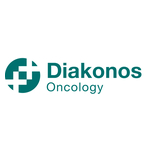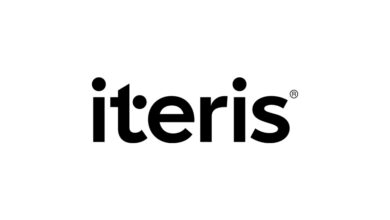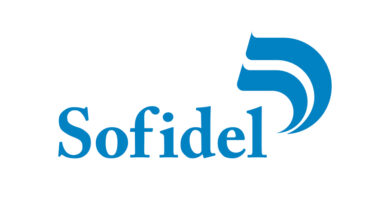CNS 2024 Conference Presentation: Diakonos Oncology’s Autologous Dendritic Cell Vaccine (DOC1021) Yields 93% 12-Month Survival for Glioblastoma Patients

- The data were presented during the Congress of Neurological Surgeons Meeting, September 28 – October 2, 2024, in Houston, TX.
- Early analysis of the results shows no dose-limiting toxicities or concerning SAEs, and 14 of 15 evaluable patients were alive at 12 months.
- A Phase 2 trial of DOC1021 is expected to be initiated in 4Q24, with first patient treated in 1Q25.
HOUSTON–(BUSINESS WIRE)–Diakonos Oncology Corp., a clinical-stage immuno-oncology company, presented positive data from an interim analysis of its recently completed Phase 1 open label study of DOC1021, a differentiated dendritic cell vaccine for treatment of glioblastoma (GBM), at the Congress of Neurological Surgeons annual meeting, September 28 – October 2, 2024, in Houston, TX.
The analysis was included in a presentation titled, “Vaccination by homologous antigenic loading as adjuvant therapy for glioblastoma: Early analysis of phase 1 results.” The presentation was made by Dr. Joseph Georges, an investigator of the DOC1021 Phase 1 clinical trial and Assistant Professor of Neurosurgery at the University of Arizona College of Medicine-Phoenix.
“DOC1021 is a first-of-its kind double-loaded dendritic cell vaccine that represents an entirely new strategy for engaging a complete immune response against a patient’s cancer,” said Mike Wicks, Diakonos CEO. “Based on the encouraging results of our Phase 1 trial we plan to initiate a Phase 2 study in 4Q24.”
Sixteen newly diagnosed and two recurrent GBM patients were enrolled in the Phase 1 study. Patients received DOC1021 across four dose levels following standard of care (SOC) treatment. Exclusion criteria were minimal. Enrollment began in October 2021 and was completed in December 2023.
An analysis of the newly diagnosed patients – 94% (15/16) of whom had challenging tumors with unmethylated MGMT and generally poor prognosis – showed that 93% (14 of 15 evaluable patients) survived more than 12 months. Moreover, median survival had not yet been reached with median follow-up currently at 16 months.
An interim Kaplan-Meier (KM) analysis comparing treated patients to age-matched historical controls who received full standard of care therapy indicates a statistically significant difference (p=0.03) between groups. KM-projected overall survival is currently 19.7 months as compared to the 12.7 months survival expected in unmethylated GBM patients receiving SOC.
“Developing effective treatments for glioblastoma is a great clinical challenge,” said Dr. Georges. “It has been exciting to work with the Decker Laboratory and Diakonos on this clinical trial. Our data has shown this novel vaccine is safe and can possibly improve outcomes for glioblastoma patients.” William Decker, Ph.D., is the inventor of the DOC1021 technology and is an Associate Professor of Pathology and Immunology at Baylor College of Medicine.
About DOC1021
DOC1021 is an autologous dendritic cell vaccine (DCV) that initiates a complete cytotoxic TH1 immune response against a patient’s cancer through the company’s proprietary double loading technology. The vaccines are made with a patient’s dendritic cells combined with RNA and proteins prepared from a sample of their tumor. This unique approach allows targeting of the complete cancer antigen profile without any genetic modification of the patient’s immune cells.
In addition to the lead GBM study, a clinical trial of another Diakonos’ dendritic cell vaccine is ongoing for the treatment of pancreatic cancer. Diakonos has received Fast Track designations from the FDA for both the GBM and pancreatic cancer programs. The company has also received Orphan Drug Designation for the GBM program.
About Diakonos Oncology Corp.
Based out of Houston, TX, Diakonos Oncology is a clinical-stage biotechnology company dedicated to revolutionizing cancer immunotherapy and focusing on difficult-to-treat indications, including glioblastoma. A variant of the DOC1021 treatment platform also is in early-stage clinical testing in pancreatic ductal adenocarcinoma (PDAC). For more information visit: www.diakonosoncology.com.
Contacts
Media Contact:
Jay Hartenbach
[email protected]




